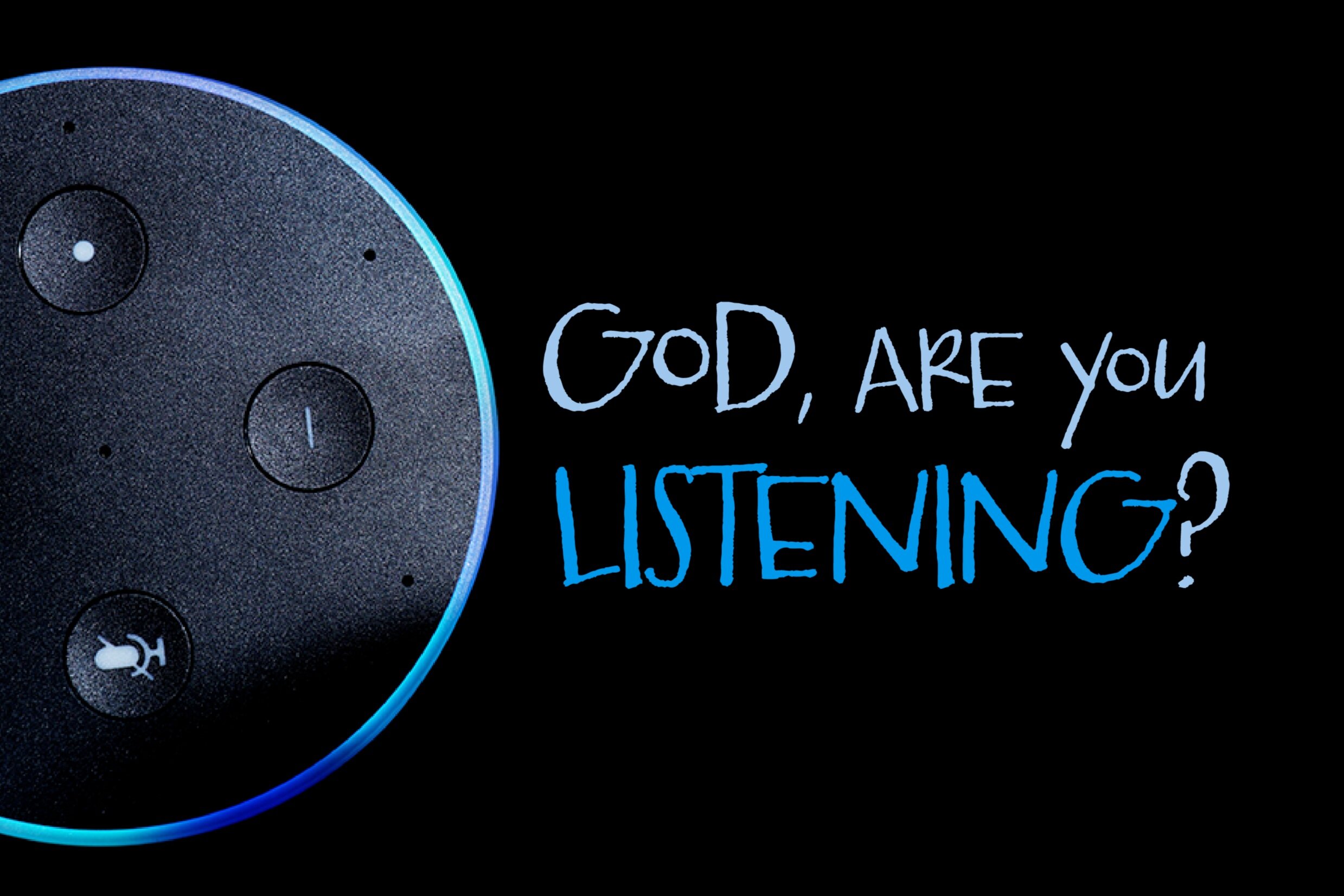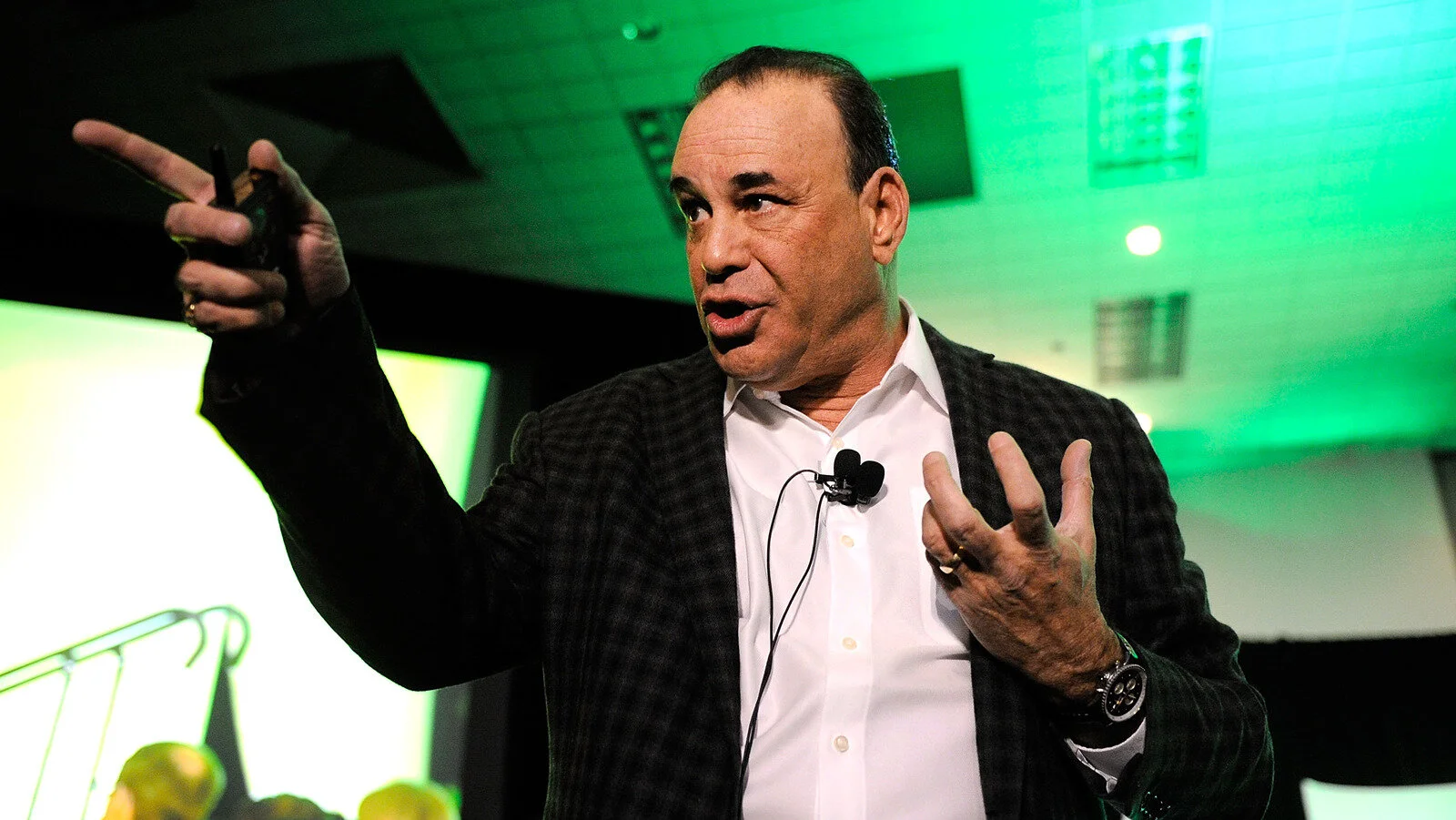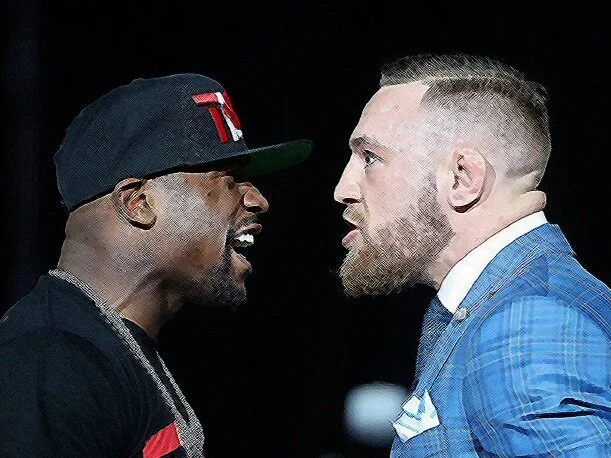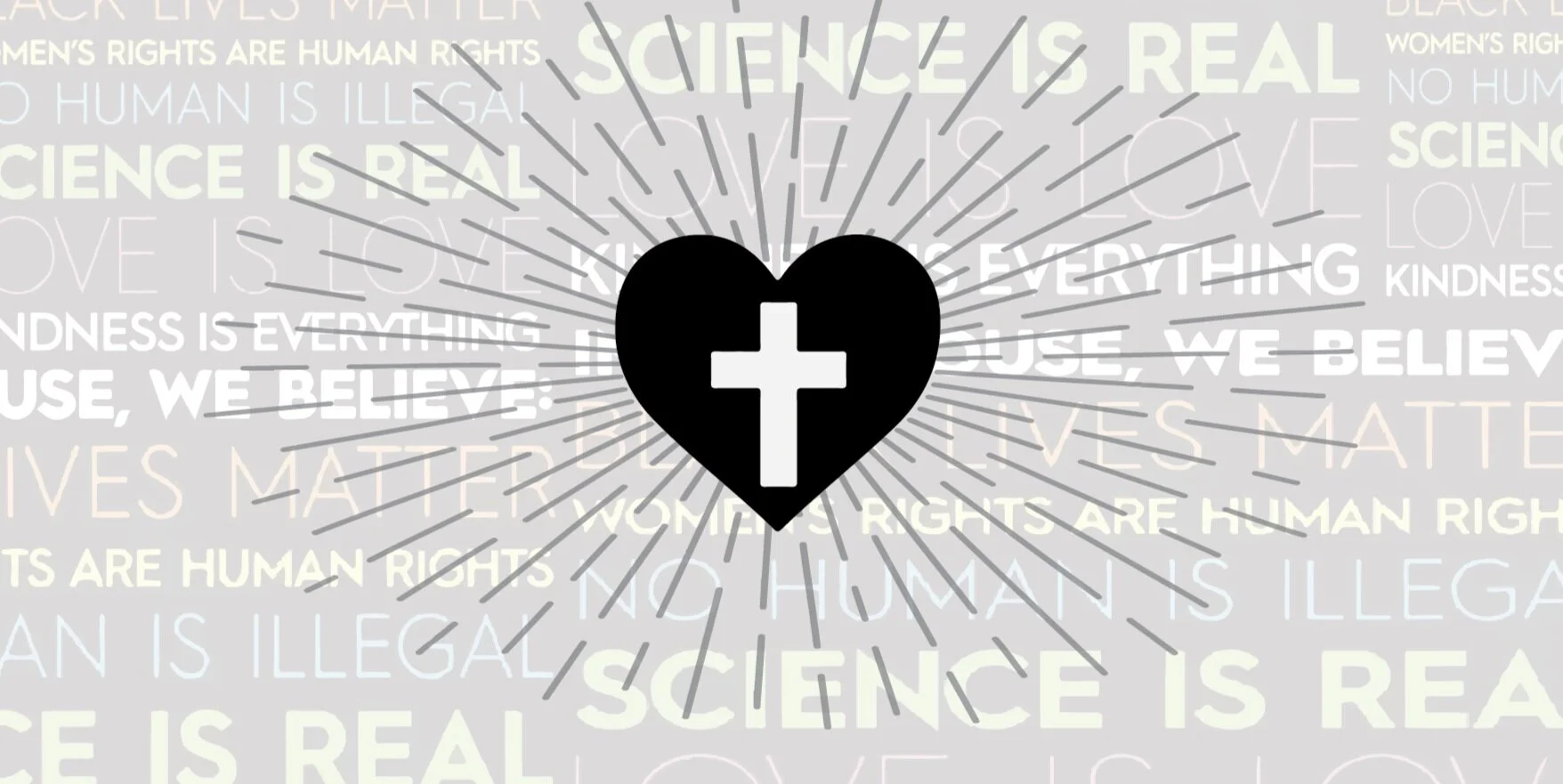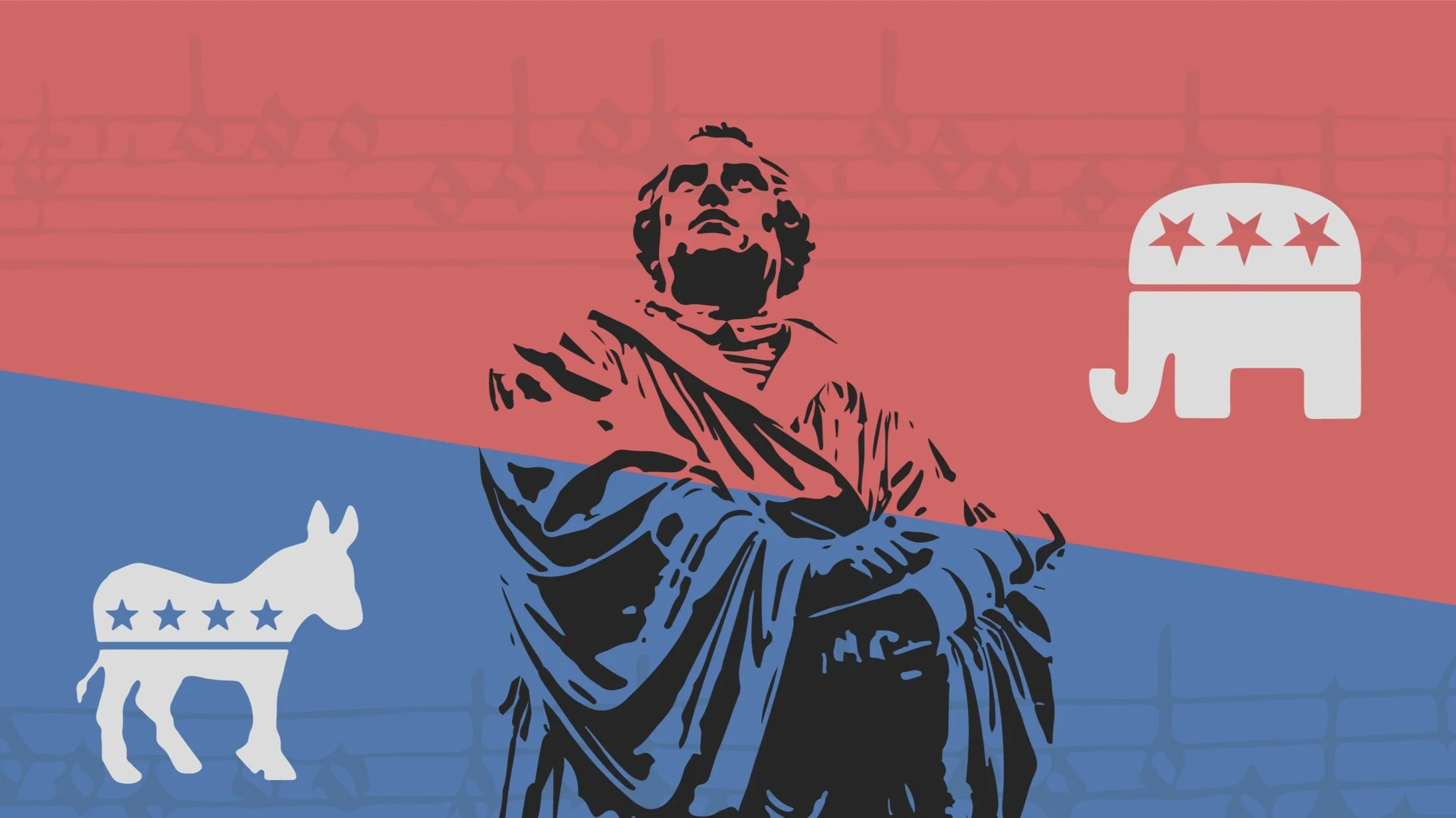
"God Listens! God Listens!"
We’re often asked, “Are you listening?”
But it’s not just a question we’re asked: it’s a question we ask, too.
That’s what you ask your doctors when you’re trying to tell them what’s wrong, but they don’t seem to understand. That’s what you parents ask your kids when their eyes are glued to their screens. And yes, it’s even the question we ask Alexa when we originally asked, “Alexa, turn on living room lights” and she responds, “Okay, playing ‘Living on a Prayer’ by Bon Jovi”. We often ask, “Are you listening?”
Listening is a major theme in the first few chapters of 1 Samuel – including the section of 1 Samuel that’s before us today. And in chapter 3, we’re introduced to one character who is asked the question, “Are you listening?” And that is the question God, the Divine Questioner, asks of you and me today.
So, are you listening?
Who Would Catch a Grenade For You?
When we we’re told these courageous, rare stories of self-sacrifice, there are two questions that always come to mind: 1) Would I do that for someone else? and 2) Would someone else do that for me?
And the answer to that second question – Would someone die for me? – is intimately connected to why we can (and why we should) rejoice – even when we, as Christ-followers, are enduring tremendous suffering.
So, who in your life would catch a grenade for you?
Heart Rescue
Jon Taffer is an American entrepreneur and a consultant within the food and beverage industry – specializing in pubs, bars, and nightclubs.
He’s also the TV personality behind the reality show called Bar Rescue - where Taffer dives into dying, failing bars in an attempt to save them.
But the premise of Bar Rescue is nothing new. In fact, in today’s episode from the book of Acts, the apostle Paul embarks on a similar rescue mission. Except his scope is a tad bigger than just a bar, and the problem was significantly bigger than toxic black mold: Paul had entered a city in need of rescuing from rampant idolatry - a city drowning in a sea of false gods who could not save, and suffocating from empty philosophies that only emptied their followers.
Paul saw there were hearts in need of rescuing in Athens - and so, he preached the message that every heart needs to hear – a timeless and timely message that is for every time, every place, and every person: the good news of Jesus.
Prayer: Our Dust-Covered Serenade with God
The boombox serenade isn’t just a creative way of saying “I’m sorry” or “I love you”.
It’s an obnoxious, annoying, persistent way of saying “I’m not letting you go. You can’t give me the silent treatment forever. I’m going to keep blasting this music until you take me back. I’m not leaving until you talk to me face to face.”
We see that kind of persistence in Jacob - as he would not let go of God. Literally. Not until he knew God wasn’t going to let go of him.
And in the story of that dust-covered serenade where Jacob wrestles with God himself, God shows Jacob - and us as well - that we can cling to God with confidence.
Scandalous Grace
Generations, like mine, grew up watching Kobe play ball with legends like Michael Jordan. We’ll soon see Michael Jordan present Kobe Bryant into the Naismith Basketball Hall of Fame.
It comes as no surprise that people all over the world are still grieving his death. We’re rediscovering our tendency to put such gifted people on a pedestal.
And I’m not just talking about athletes enshrined in halls of fame whose retired jersey hangs on walls for the world to see. We put all sorts of gifted people on pedestals – politicians, movie stars, pop-icons, colleagues, classmates, and yes, even ourselves.
The Corinthian church thought they had every reason to sit on a pedestal, too.
You Can't Stop the Word of God
“My conscience is captive to the Word of God. I cannot and I will not recant anything, for to go against my conscience is neither right nor safe. Here I stand, I can do no other. God help me.”
Martin Luther walked away from that imperial assembly in Worms, Germany in 1521, but he did so branded a notorious outlaw, a heretic, guilty of high treason. For the next year, Luther was forced to lay low, locked up in the Wartburg Castle - fearing for his life.
King Hezekiah knew the feeling.
Your God Talks a Big Game. And Delivers.
“The Money Fight” doesn’t come close to the cosmic significance of the showdown painted for us in Isaiah 45. And like any good showdown, there’s some serious trash-talking, too.
But the trash-talking recorded for us here in Isaiah 45 is coming only from one direction - from someone you wouldn’t expect talk trash to come from: it’s coming from God.
Why "We're All in This Together" Isn't Enough
This past year was inescapably brutal – yet, nevertheless, leaves us all needing to say something in terms of comfort and encouragement – something other than the run-of-the-mill commentary on how brutal 2020 was. And for millions, that ‘something’ is “We’re all in this together. We faced 2020 together, and we’ll face 2021 together, too! Whatever comes our way, we’ll tough it out together and together we’ll get through it! We’re all in this together!”
But how encouraging - how comforting are expressions like “We’re all in this together”?
What Does it Mean to Love One Another?
In this season of great division, we desperately need a greater definition of love; because ‘love’ is not merely predicated upon an impersonal definition: it presupposes a personal definer – a greater someone upon whom this definition is objectively built.
This is why Jesus says “Love one another, as I have loved you.”
He Holds the Field Forever
Whether we feel our politicians are gone too fast or not gone soon enough, we betray a desperate hope we have in sinful, broken people - that they will somehow make this sinful, broken world completely better. And they won’t. Because they can’t.
And that’s why we need Jesus – all of who he is, and all of what he’s done.


